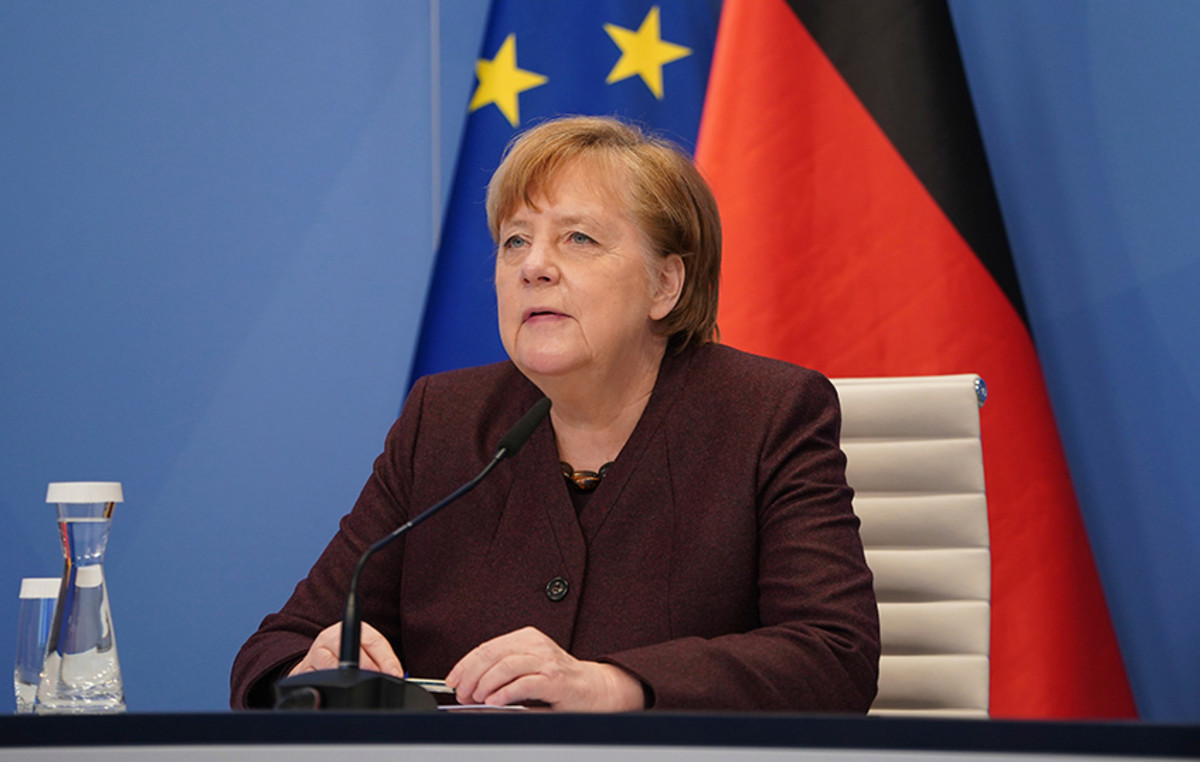the strong inflation has led Central Banks in much of the world to raise their fees with more intensity. Whether supply or demand, the fact is that inflation is high enough for central banks to be more aggressive than they previously signaled. And they are correct.
There are no short-term signs of full normalization in commodity markets with uncertainties about the ukraine war and the American job market remains heated, putting short-term pressure on wages.
High inflation on one side with higher interest rates leading to higher unemployment up ahead. It is the fate to pay to avoid the worst of the worlds, which is inflation that erodes income, especially for those who are poorer and cannot protect themselves from rising prices.
But these numbers are averages. Regional perception is often different. Inflation in Curitiba can be different from Recife, and the unemployment rate can also be different between these cities. And the facts have shown that this difference not only occurs, but can be large.
Indeed, the poverty index, calculated for some cities for which information is available, shows precisely an important difference. This data shows the sum of the unemployment rate and inflation in 12 months and signals the perception of loss of purchasing power of the population.
The results show that the North East has presented the worst numbers, much above the Brazilian average and the capitals whose states have a presence of commodities have been presenting much better numbers (graphic below).
Poverty rate in capitals – unemployment rate + inflation

There is no big difference between the inflation rates, but between the unemployment rates, which present very high numbers in the northeastern capitals.
Precisely the effect of commodities has been important to keep unemployment rates low in these cities while the Northeast has been heavily dependent on social programs and Social Security in recent years, which have not managed to generate sustained growth.
When it was necessary to adjust the minimum wage and Social Security, these cities began to experience difficulties in generating growth that was less dependent on the state.
Of course, the pandemic, having affected services more intensely, ends up affecting these regions that are not very industrialized and with a strong weight of tourism. Either way, it’s a situation that has not just economic but political implications.
The poorest states in both North how much of the Northeast will have to have more active policies that are less dependent on the State in order to generate development.
The way to the North is clear: it passes through the amazon and its economic development being exploited with the maintenance of the forest and not its destruction.
The Northeast has historical difficulties, but the two great transformative examples of education in Brazil also come from this region, with primary education in Sobral, Ceará, and secondary education in Pernambuco.
The region itself has a clear path to break paradigms in education, but it depends on the political will to happen. These educational centers in conjunction with good public universities could make the Northeast a technology center in the future, even due to the proximity of the American and European markets, there would be scale for this to happen.
With geopolitical changes transforming globalization into something more regional than global, it would be a great opportunity for the Northeast in this sense.
There is a great evolution of sustainable energy in the region (wind and solar), which attracts buyer markets concerned with ESG, in addition to a strong university base and eventually high school if the Pernambuco example spreads, with relatively cheap labor.
Here, the BNDES could work together with some regional coordination to make this model work. In a way, the Northeast managed to do this by creating the Forum of Governors to deal with the pandemic.
The region needs to start thinking in a more integrated way and join forces, even through the confluence of center-left governments that would facilitate this process.
Improving the region’s economic development will require thinking outside the box and with an integrated effort from all states, with the exchange of experiences and information.
There is a chance to take advantage of the institutional framework initiated with the Governors’ Forum and solid foundations in education. Waiting for the State to return to being the source of growth is to miss a great opportunity for long-term technological growth.
Source: CNN Brasil
I am Sophia william, author of World Stock Market. I have a degree in journalism from the University of Missouri and I have worked as a reporter for several news websites. I have a passion for writing and informing people about the latest news and events happening in the world. I strive to be accurate and unbiased in my reporting, and I hope to provide readers with valuable information that they can use to make informed decisions.







